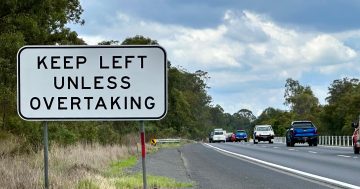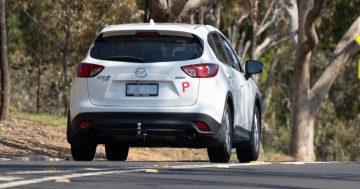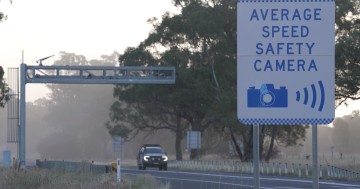 Victoria’s Transport Accident Commission (TAC) has found out that the State’s motorists are more accepting of speeding on the roads than they are of people playing loud music through headphones on public transport.
Victoria’s Transport Accident Commission (TAC) has found out that the State’s motorists are more accepting of speeding on the roads than they are of people playing loud music through headphones on public transport.
Commenting on the latest Community Engagement and Social Acceptability Research (CESAR) study, the Chief Executive of TAC, Joe Calafiore said the findings were worrying and revealed a significant increase in the social acceptability of all speeding behaviours – in particular driving 5km/h over in a 50 or 60 zone, and 10km/h over in a 100 zone.
“The study, which surveyed more than 1,900 Victorian road users on their attitudes, behaviours, perceptions and concerns on road safety issues, asked respondents to draw comparisons between road use and social behaviours,” Mr Calafiore said.
“More respondents deemed driving 10km/h over in a 100 zone as acceptable (16 per cent), when compared to scanning groceries as cheaper items at the self-checkout (12 per cent),” he said.
“Similarly, 22 per cent of respondents considered going 5km/h over in a 50 zone as acceptable, compared with 14 per cent for playing music too loudly from headphones on public transport.”
Mr Calafiore said the findings were particularly concerning when comparing the implications of someone’s music being too loud, versus the well-known risks associated with speeding on the roads.
He said the findings came as Victoria recorded its worst start to the year on State roads in more than two decades, with 75 people having lost their lives, compared with 51 during the same period in 2022.
“We need people to understand the impact that speed can have on a crash outcome,” the TAC Chief Executive said.
“Even small increases in speed can have a big impact on our risk of being involved in a crash and how badly we’re injured,” he said.
Mr Calafiore said that despite the concerning findings around speed, the CESAR showed promising trends when looking at other risk-taking behaviours, with the acceptability of drug driving significantly decreasing in 2022.
He said driving while suspended and drug driving were considered the least acceptable road behaviours, with an almost universal belief that being impaired by drugs while driving was as unacceptable as gender-related violence.











